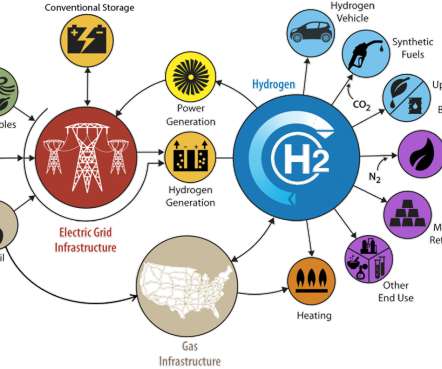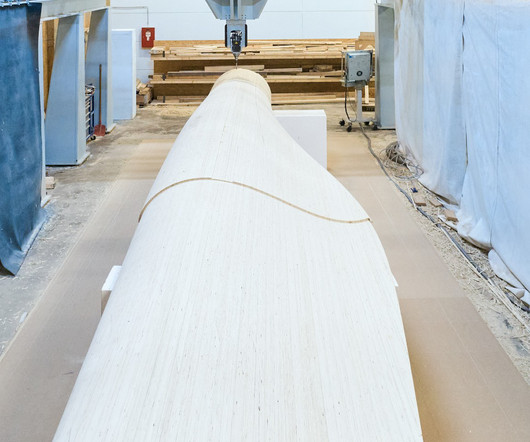Teijin begins life-cycle analysis of its carbon fibers
Green Car Congress
JANUARY 4, 2022
Teijin Limited has started to carry out a life-cycle assessment (LCA) of its carbon fibers to calculate their total carbon emissions—an industry first. Looking ahead, Teijin expects to expand its LCA scope beyond carbon fiber filaments to also include intermediate products such as short fibers and prepregs.











































Let's personalize your content